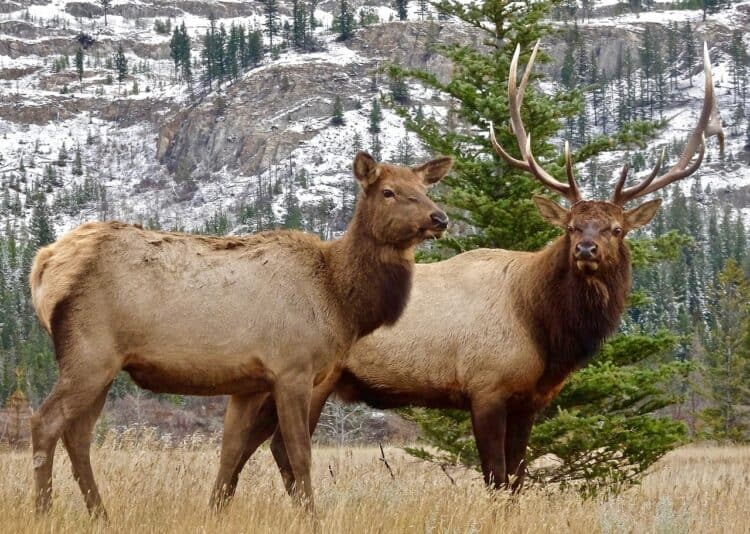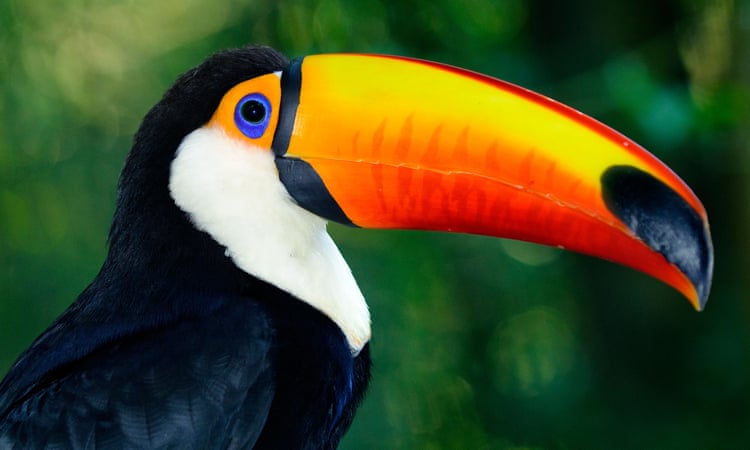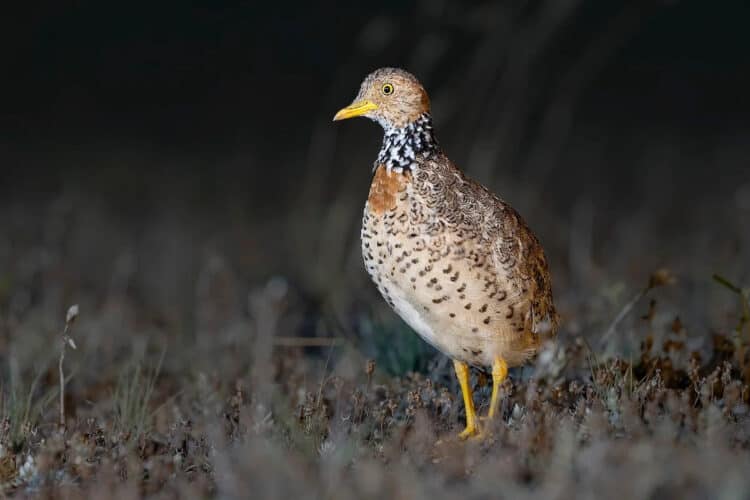Mating rituals in the animal kingdom vary across species, and birds are no exception. Typically, dances for courtship between birds involve the makes working hard to attract the females’ attention. They use movement, sounds, skills, and good looks to woo their potential partner!
1. Black-Footed Albatross
Source: Eric Dale/Youtube
The black-footed albatross mating ritual is very elaborate. It starts with the partners splaying their wings and pecking each other’s beaks. They bow to one another and nip at each other as they move their heads in various directions. The dance concludes when they sit down.
2. Vogelkop
Source: Nat Geo WILD/Youtube
This snazzy bird starts his mating ritual in all black, hopping along a tree. Then, it calls out to potential partners. He spreads his black and neon blue feathers, revealing something that looks like a face. As he bounces and steps around, he circles his mate.
3. Blue-Footed Boobies
Source: The Dodo/Youtube
The blue-footed birds start their mating dance by showing off their feet. Then, they bow low to each other and spread out their wings. Next, the male finds a gift (usually a stick or rock) for the female, before showing his feet once more.
4. Greater Sage Grouse
Source: Nat Geo WILD/Youtube
The Greater Sage Grouse waits until the spring before starting one of the most amazing mating rituals in North America. First, the males pick a good spot to show off. Then, they wiggle, walk, and jiggle their giblets. They do this by taking in big gulps of air and filling the pockets in their chest. They do this over and over until the females pick their mate.
5. Red-Capped Manakin
Source: Nat Geo WILD/Youtube
The Red-Capped Manakin is a vibrant bird with a black body, yellow legs, and a red head. Then, the male swoops onto his stage: a branch. He moves back and forth so rapids you can barely see his legs move while he makes a mating call that includes buzzes and snaps.
This article by Trinity Sparke was first published by One Green Planet on 17 January 2024. Image Credit :Ondrej Prosicky/Shutterstock.
What you can do
Help to save wildlife by donating as little as $1 – It only takes a minute.







Leave a Reply